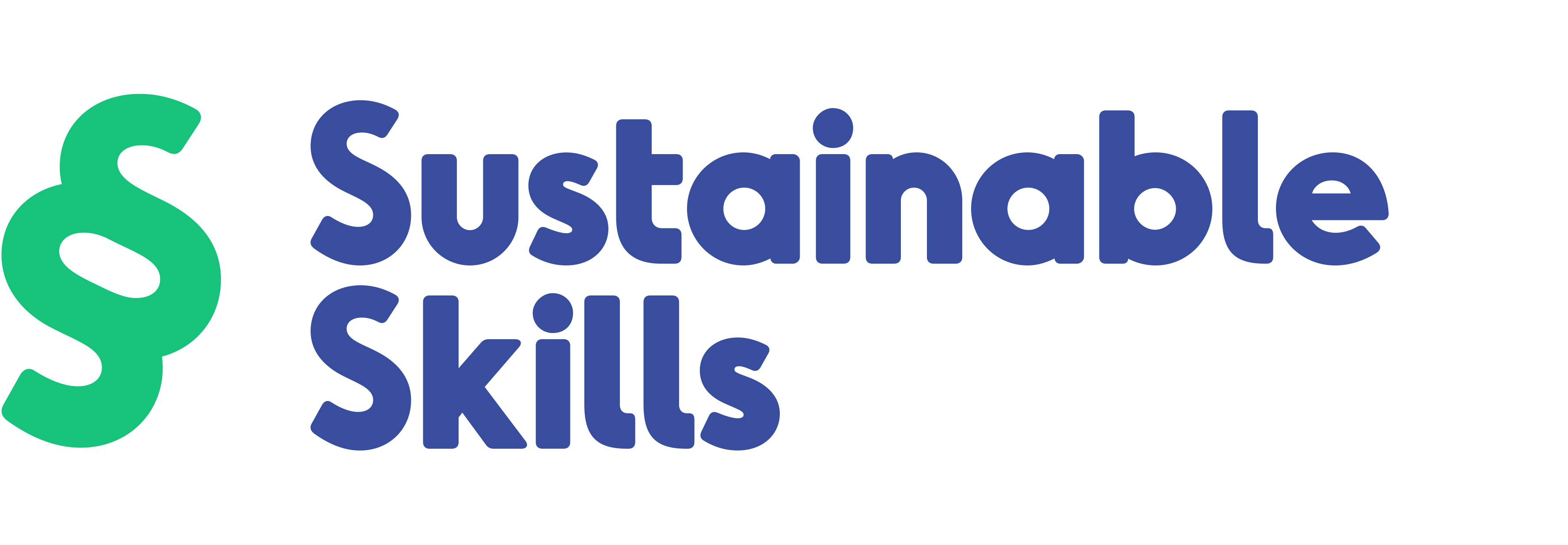
This month, our CEO, Nigel Carpenter visited the Lombok Tourism Polytechnic.
Global economic uncertainty has increased the focus on fundamental economic levers, including skills. Uncertainty is being acutely felt in industry, where business confidence is low and capacity to invest in skills has been reduced. At the same time, governments have also been directly impacted.
Governments globally are focused on the policy challenges associated with lifting the productivity of markets, companies and individuals and have set ambitious targets to rapidly develop the skills of its
future workforce. Across the globe there has been an increasing focus on improving the outcomes of technical vocational education and training (TVET). However, there are significant hurdles to overcome in making this transition.
In a lot of countries, during the past 10 years, the focus has been on access not quality which has resulted in a large number of people being trained without having the skills industry needs. TVET is often delivered in the same way as class based with teachers who don’t have the experience or understanding of the skills they are teaching. The focus has been on access not quality.
One reason for high youth unemployment across the world, and particularly in developing countries, is a mismatch between the supply and demand for skills. Domestic skills shortages mean that countries rely on foreign labour to fill high demand for skilled personnel.
The emerging productivity challenge is forcing governments to invest in structural change focusing on developing systems to move TVET towards industry led skills development.
TVET in different countries has very different natures, organisation, strengths and challenges. Different countries structure peoples’ transition from education to work very differently, giving TVET very different positions in the transition system. Understanding these factors is essential in establishing a framework to support policy learning in developing TVET in different contexts, rather than policy borrowing and policy lending which reproduces policies from one country to another, with little regard to the differing social, economic and cultural contexts. A successful means of managing TVET in one country cannot be copied by another country.
The principles of successful TVET must be focused on whilst understanding the various social, economic and cultural contexts in different countries.
The six principles for a sustainable TVET ecosystem are:
- Competency based
- Industry led; stakeholder friendly
- Flexible, scalable and customisable
- Integrated soft skills
- Data driven
- Focused on vocational outcomes
TVET provides knowledge and skills for employment and is recognised to be a crucial vehicle for social equity, inclusion and sustainable development. Industry engaged TVET systems must be implemented to ensure that graduates are job-ready yet adaptable to changing skills requirements.
At the interface between the education and training system and the world of work, TVET faces the challenge of tackling these changes, of making a constructive contribution to solving the problems posed by the transition from education to employment, and of ensuring that the next generation has the skills that the economy needs.
Quality and relevant technical vocational education and training can provide people with the knowledge, skills and competencies required for the jobs of today or tomorrow. The provision of relevant job skills can therefore empower people to seize employment opportunities.
Better skills training can help support decent work, more equitable and inclusive growth and be the bridge between education and the labour market, supporting the transition from youth into adulthood.
The close involvement of industry is necessary to ensure that training is in line with labour market needs and opportunities.
Without proper investment in skills, people will languish on the margins of society, technological progress will not translate into increased productivity, and countries will struggle to compete in an increasingly knowledge-based global society.
Sustainable Skills understands the complexity of international relationships and structures and has helped governments and other stakeholders in a number of countries improve the management of industry engaged TVET.
Sustainable Skills continues to explore and develop capacity building projects in Africa, South East Asia and the Pacific. During the past month we have met with industry and government representatives in Fiji and Indonesia working towards improving TVET in those countries to meet global skills needs.
